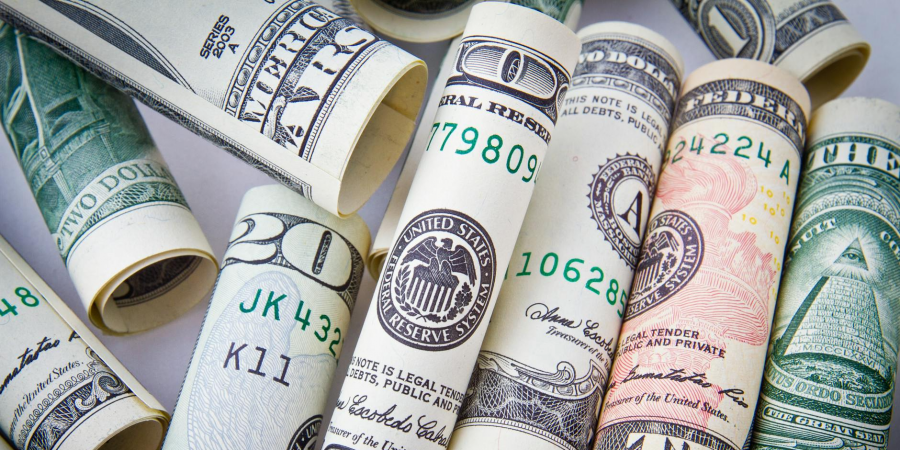

Financial institutions have a scarcity of cash during a financial crisis, firms and individuals are unable to pay their debts, and asset markets see a sharp decrease in value. A bank run or panic during which investors sell off assets or take money out of savings accounts out of fear that the value of those assets will decline if they stay in a financial institution is frequently linked to a financial crisis.
A stock market crash, a sovereign default, the explosion of a speculative financial bubble, or a currency crisis are some events that could be classified as financial crises. A financial crisis can affect just banks or it can affect every economy in a country, a region, or the planet.
There could be several reasons for a financial crisis. In general, overvalued assets or institutions can trigger a crisis, which can then be made worse by illogical or herd-like investor behavior. For instance, if there is a rapid sequence of selloffs, asset prices may drop, which may lead people to sell their assets or take large withdrawals from savings when there are rumors of a bank failure.
Systemic breakdowns, unforeseen or uncontrollable human behavior, incentives to take on excessive risk, regulatory shortcomings or absences, and contagions—the transfer of issues from one organization or nation to another—all play a role in causing a financial crisis. A crisis has the potential to send an economy into a recession or depression if it is not managed. Even in cases where steps are done to prevent a financial disaster.
The COVID19 virus was identified in China in February 2020. Millions of people died as the sickness quickly spread over the world, spreading dread. Consequently, this led to a decline in markets and a cessation of lending to the financial sector.
Tight lockdowns and travel restrictions brought about by the epidemic significantly impacted global supply chains, consumer demand, and financial markets. Global financial markets experienced a sharp sell-off as investors' worries about the pandemic's potential economic effects grew. The Dow Jones Industrial Average (DJIA) saw its worst day since 1987 in March 2020, plunging more than 2,000 points in a single day, making the crash especially devastating. Other significant stock indices, like the S&P
There are a lot of potential causes of a financial crisis—perhaps too many to list. However, inflated assets, systemic and regulatory failures, and the ensuing consumer panic—such as a significant number of clients withdrawing money from a bank after learning of the institution's financial difficulties—are frequently the root causes of financial crises. According to some, financial crises are a natural byproduct of the way contemporary capitalist economies operate, with the business cycle driving speculative growth during economic booms before recessions and contractions inevitably follow. Borrowers default on their debts during these contractions, and creditors tighten their lending standards.
